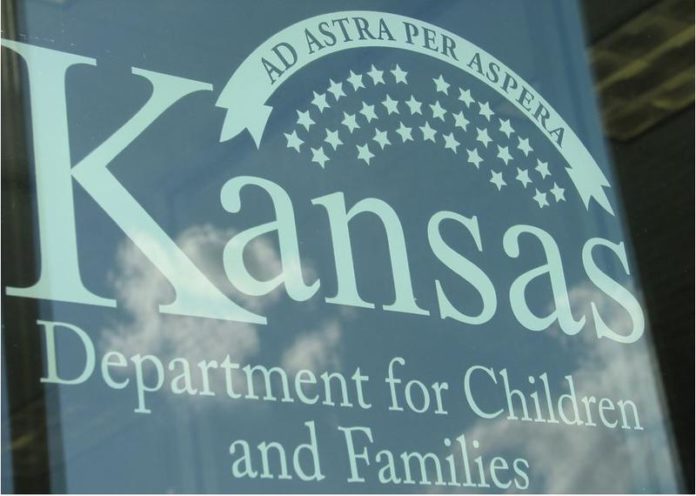Democratic Gov. Laura Kelly on Monday vetoed a bill broadening the work and job-training requirements for older Kansans to qualify for food assistance.
The bill extends work requirements for able-bodied adults without dependents from 49 to 59 years old. The requirement now applies to able-bodied adults 18 to 49 years old.
The bill would require someone 50 to 59 years old to work at least 30 hours per week or participate in a mandatory employment and training program.
The House voted 80-42 to pass the bill. It passed the Senate on a 26-12 vote. It’s one vote short of an override in the Senate and four short in the House.
“Leaders from both parties should be looking for ways to help people afford the basics, not burdening our hardworking Kansans who are just trying to get by,” Kelly said in a statement.
“With inflation causing the prices of goods and services to skyrocket, Kansans need relief, not further barriers,” the governor said.
The bill expands a law enacted last year that required able-bodied adults who are 18 to 49 years old without dependents to work at least 30 hours a week or participate in a mandatory employment and training program.
Senate President Ty Masterson said the veto of this bill and others such as one giving parents more say over their children’s education show how far to the left the governor has gone.
“Between individual bills and the line items in the budget, the governor has used her veto pen over 20 times,” Masterson said.
“As Joe Biden prepares to launch his reelection bid, it is apparent that the governor seems to be following in his footsteps by doing whatever the radical left asks of her, rather than honoring her pledge to meet us in the middle,” he said.
The bill was backed by the Opportunity Solutions Project, conservative think tank incorporated as a 501(c)(4) organization and headquartered in Tallahassee, Florida.
A lobbyist for the group, which has backed a number of bills this legislative session, said the legislation would be one way of addressing the workforce shortage in Kansas.
Citing federal data from the Bureau of Labor Statistics, Steve Greene noted there are 97,000 open jobs in Kansas.
He said there are establishments around the state that are now closed during normal business hours because of a labor shortage.
Opponents of the bill said it was punitive and would create more barriers to accessing the food assistance program.
Erin Melton, food security policy adviser for Kansas Action for Children, said this should not be the Legislature’s priority.
“With one in 10 residents going hungry right now,” Melton said, “lawmakers should not spend time on legislation that would needlessly restrict access to a program proven to help struggling Kansans get back on their feet.”















